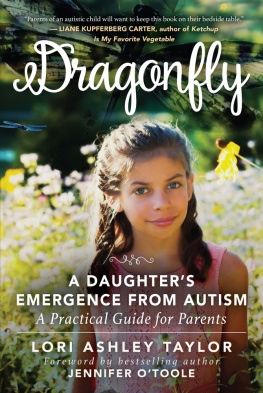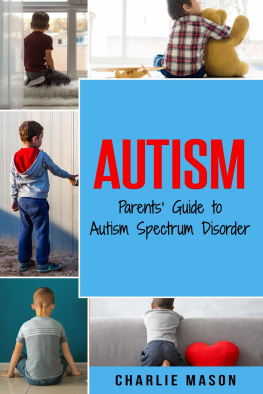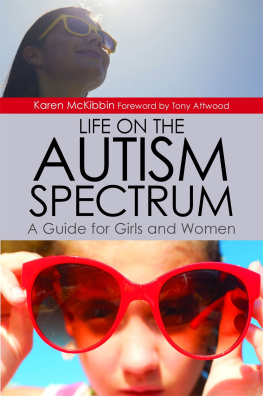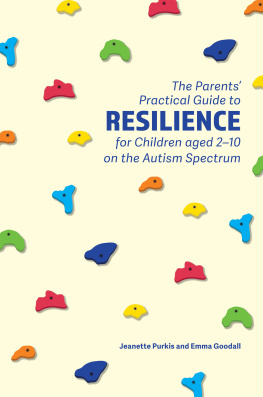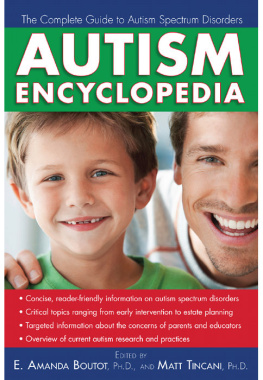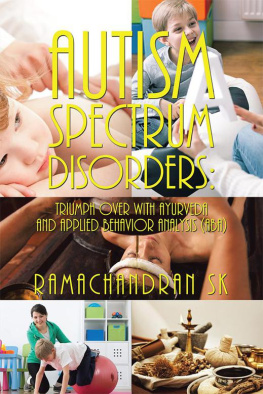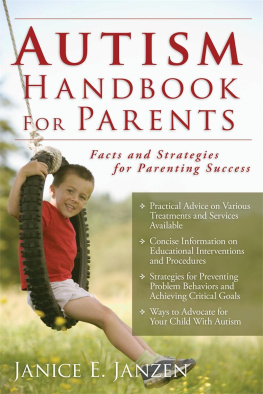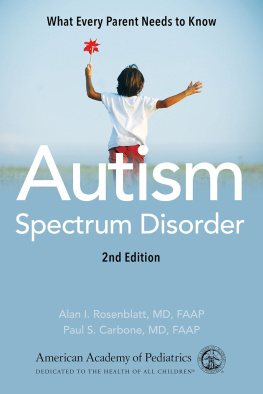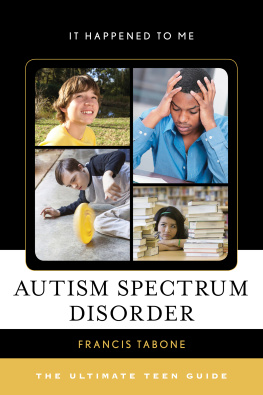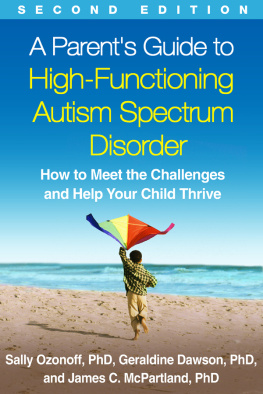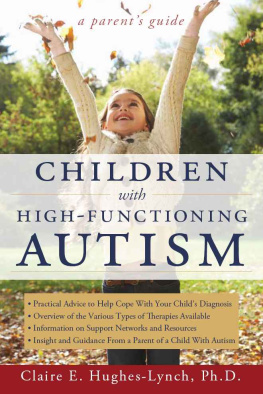
Copyright 2018 by Lori Ashley Taylor
Foreword 2018 by Jennifer OToole
All rights reserved. No part of this book may be reproduced in any manner without the express written consent of the publisher, except in the case of brief excerpts in critical reviews or articles. All inquiries should be addressed to Skyhorse Publishing, 307 West 36th Street, 11th Floor, New York, NY 10018.
Skyhorse Publishing books may be purchased in bulk at special discounts for sales promotion, corporate gifts, fund-raising, or educational purposes. Special editions can also be created to specifications. For details, contact the Special Sales Department, Skyhorse Publishing, 307 West 36th Street, 11th Floor, New York, NY 10018 or .
Skyhorse and Skyhorse Publishing are registered trademarks of Skyhorse Publishing, Inc., a Delaware corporation.
Visit our website at www.skyhorsepublishing.com.
10 9 8 7 6 5 4 3 2 1
Library of Congress Cataloging-in-Publication Data is available on file.
Cover design by Rain Saukas
Cover photo 2015 by Andrea Moberly
ISBN: 978-1-5107-3217-9
Ebook ISBN: 978-1-5107-3218-6
Printed in the United States of America
To Hannah and Connor
I would move mountains for the both of you.
To All Special Needs Families
Hope is the catalyst for our children to live their best lives. Without hope, there is only fear.
I suspect the truth is that we are waiting, all of us, against insurmountable odds, for something extraordinary to happen to us.
Khaled Hosseini
contents
authors notes
All bolded words have been defined in the glossary.
Some names and identifiable details have been changed to protect peoples privacy.
Dragonfly was written to address both genders of children with autism, so pronouns will alternate.
Dragonfly uses the identity first phrasing when describing individuals with a disability. Thus, a boy with autism is used rather than an autistic boy. Some groups and advocates such as those in the neurodiversity movement prefer the latter. I mean no disrespect and hope this doesnt create a barrier to any readersin fact, I hope we can overcome our differences and instead join forces to learn from one another.
Functioning level language (high-functioning or low-functioning) has only been used where the content requires specific language to be accurately understood. According to diagnostic criteria, high-functioning relates to Level 1, Diagnostic and Statistical Manual of Mental Disorders, Fifth Edition (DSM-5) criteria, and low-functioning relates to Level 3, DSM-5 criteria. By no means am I suggesting an individuals functioning or potential should be limitedas you may have noted from the books title and what youll see as soon as you read the first few chapters. I encourage parents to think in terms of emergence rather than limitsmy goal is to help as many parents as possible with kids at every level of the autism spectrum, and its difficult to talk about a specific level on the spectrum without having a shorthand terminology. I also understand that this simple dichotomy is not exact, as development is multidimensional and individuals are uniquely complex. My intention is to avoid offendingif at all possible. I only use this terminology to try to open the conversation, so instead of shutting down the conversation in disagreement over terminology, lets join in a place of common ground with a shared goal of seeing each child reach his full potential.
Likewise, the term emergence used in the subtitle and throughout the text refers to meeting and overcoming some of the challenges that make it difficult to function within our world. A shared, universal conviction of parents is that we all want the absolute best quality of life for our children, which includes helping individuals with autism become as independent as possible. The connotation shouldnt be inferred that autism is a dreadful, lurid place that one needs to escape. Dragonfly is not about a cure or fix from autism, nor is about recovery from autism. It is simply about embracing autism and helping to build the best life possible for our children.
foreword
Being the new kid on the block is tough. Disorienting. Sometimes lonely. You cant remember the unfamiliar words in the address, you dont know anybody, and you may be more than a little overwhelmed by all of the advice you get from neighbors, both old and new. And everyone seems to have an opinion about the place. Its ok. We get it. We know this may not be where you expected to find yourself and that unfamiliar can be scary.
On the other hand, new surroundings can mean fresh beginnings. A new school, university, job, house, relationshipeach offers a way to totally reinvent yourself. In the process, you may well have discovered your people. The crowd who just seemed to get you without loading you up with a rep full of expectations and limitations. You got to be youonly you-i-er.
Welcome, friend. Here, we are different. We are differenttogether.
Autism isnt for sissies. As a seven-time author, international speaker, former teacher, counselor, a mother of three children on the spectrum, and someone who was, myself, diagnosed only seven years ago, I know, first-hand, that different is tough stuff for everyone involved. In so many ways, each of us feels unseen. Unheard. We feel desperate to know we are doing the right thing. And guilty for wishing, sometimes, that life had dealt us an easier hand. In just the last five years, Ive had the privilege of keynoting before tens of thousands of people the world over. All of us share intersecting journeys. Yet all of us, at one point or another, believe that we are completely and utterly alone.
We arent. You arent. Around here, you are the perfectly imperfect norm. Not alone in a crowd. Recognized and welcomed by it.
This past summer, my daughter and I were in Wisconsin, at the Autism Society of Americas national conference. Late one afternoon, just after John Elder Robison, Stephen Shore, Alex Plank and I had finished a photo op with the attendees, I overheard a woman bubble to her friend, Those are all the famous people! How odd, I thought. An autism self-advocate version of the Justice League. To many people, I suppose that sort of ego boost would feel like an arrival of sorts. A triumph. An emergence. To me, though, that afternoon wasnt about being known to a crowd. It was about being known to one little girl. Hannah.
From across the conference center lobby, I heard a high-pitched squeal and turned to see a young girl bouncing excitedly on her toes. Her hands were clenched with a sense of thrill, her smile brimming from ear to ear. Beside her, a woman, presumably her mother, was equally giddy. Thats her, Hannah! Thats Jennifer! Go aheadgo over!
Moments later, I was stunned to discover that all of the fuss was over me. That one of my books, Sisterhood of the Spectrum, was her absolute favorite. That I was her heroine. Which was ridiculous, I explained because she wa s the heroine. The star of her own life story. And now, I got to be her fan.
Lori Taylor tells me that we first met several years ago at a talk Id given in Colorado. The truth is, though, that I dont remember the occasion. Its not that she is forgettablenot in the least. Its just that the people who star in my memory are the children. Over the course of the conference, Lori and I did get to know one another well. So, recently, when Lori asked me to contribute the foreword, I was honored.
Honored to be here for my Maura, Sean, and Gavin. For Hannah. And for the heroes in your life story.
Dragonfly is the kind of keeping it real story I believe in because Lori knows that emerging from autism, isnt about escaping a life sentence or overcoming a tragedy. Its triumphing stigma. And ignorance. And judgement. And grief. Its stepping out of the distorted image the world has of autism, and stepping into the sun. Into the unexpected wonderful that autism can be. She and her work in this book are the embodiment of what I call relentless positivity. The kind that chooses to keep going. To be afraid and do it anyway. To inspire by vulnerability as much as credibility.
Next page
